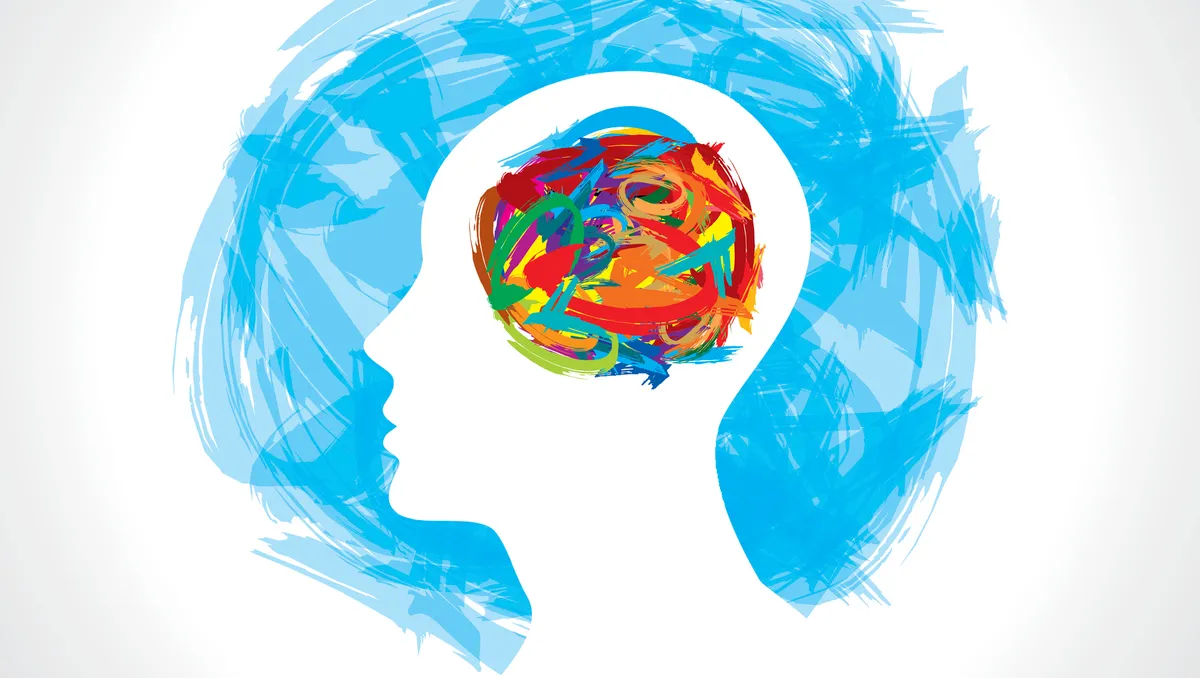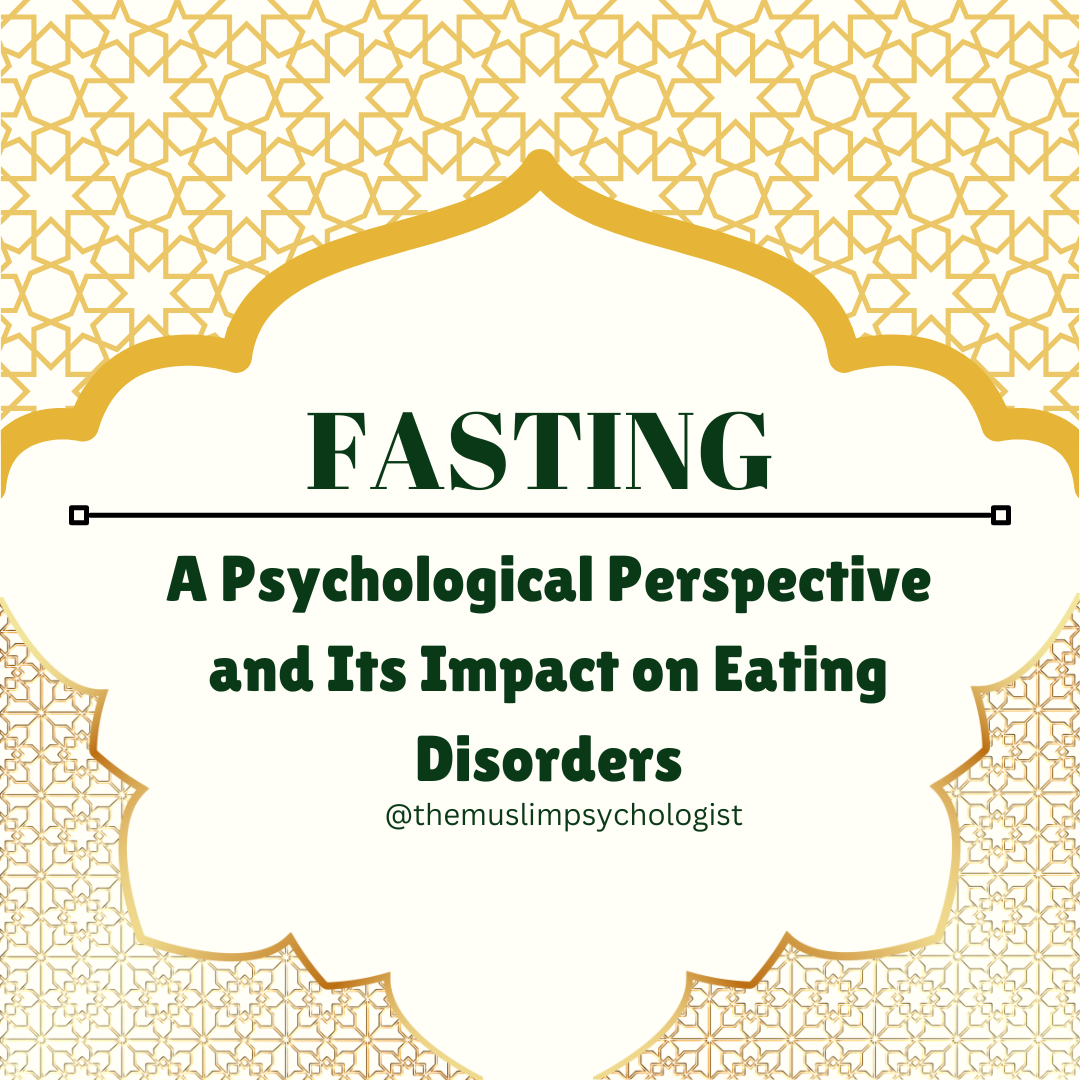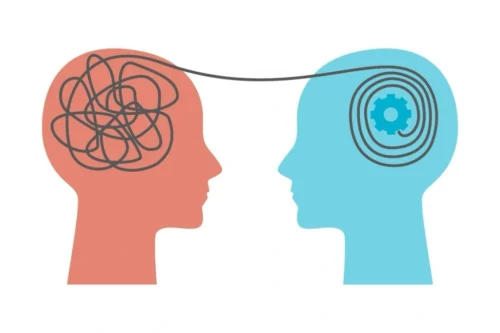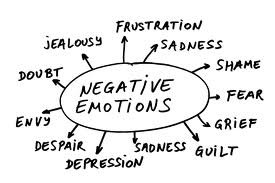
The Psychological Difficulties Mothers Experience During Ramadan and How to Cope
Ramadan is a time for spiritual reflection, fasting, and closeness to Allah. For many mothers, it can also be a time of unique psychological challenges. Balancing fasting, prayer, and family responsibilities can sometimes feel overwhelming. In this article, I will explore some of the psychological difficulties that mothers often experience during Ramadan, followed by coping strategies to help manage these challenges.
Psychological Difficulties Mothers Face During Ramadan
- Fatigue and Physical Exhaustion Fasting during Ramadan can take a physical toll, especially for mothers who are also managing household chores, taking care of children, and fulfilling other familial duties. The lack of energy from not eating or drinking throughout the day can lead to exhaustion, both mentally and physically. For mothers of young children, interrupted sleep can further intensify this feeling of fatigue.
- Emotional Stress The added pressure of Ramadan can trigger heightened emotional stress. Mothers often feel the weight of balancing spiritual obligations with family responsibilities. The expectations around maintaining an ideal home and making Ramadan special for their families can lead to feelings of anxiety or even guilt if things do not go as planned.
- Feelings of Overwhelm With the early pre-dawn meals (suhoor) and the evening meals (iftar), combined with additional prayer times and the general busy nature of Ramadan, many mothers experience a sense of overwhelm. The mental load of planning meals, organizing schedules, and ensuring everyone is taken care of can become mentally draining.
- Isolation and Loneliness In some cases, mothers may feel isolated, especially if they are primarily focused on their household and less engaged in social or community activities. The fasting hours, when energy is low, can also add to feelings of isolation. The challenges of Ramadan might make some feel disconnected from others, especially if they are unable to participate fully in community events or worship.
- Guilt and Self-Criticism Mothers often hold themselves to very high standards, and during Ramadan, this can amplify. There may be guilt about not being able to maintain the same level of energy or productivity as before, or about not being able to do everything perfectly. This can lead to self-criticism, which can affect mental well-being.
Coping Strategies for Mothers During Ramadan
- Prioritize Self-Care Taking care of yourself is not only essential for your well-being but also part of your responsibility to Allah. By getting enough rest, eating nourishing meals, and taking time for yourself, you are honoring the body that Allah has entrusted to you. Self-care allows you to fulfill your duties with more energy and intention. The Prophet Muhammad (PBUH) said, “Your body has a right over you” (Sahih al-Bukhari). When you care for yourself, you are respecting the trust Allah has given you, and this will lead to spiritual and physical well-being. Allah rewards those who act with balance in all aspects of their life. Tip: When you rest or refresh yourself, make this time an opportunity to thank Allah for your health and strength.
- Set Realistic Expectations Ramadan is a time for spiritual growth, and perfection is not expected. By setting realistic goals for yourself and your family, you can reduce unnecessary stress and avoid burnout. Instead of aiming for perfection, focus on fulfilling the obligations of Ramadan with sincerity and intention. Allah promises to reward those who strive with sincerity, even if they cannot achieve perfection. The Prophet (PBUH) said, “If a servant of Allah is ill or traveling, he is rewarded for the good he used to do when he was healthy or residing” (Sahih al-Bukhari). Your efforts, no matter how small or imperfect, are rewarded when made with a sincere heart. Tip: Set simple but meaningful goals for the day and recognize the importance of your intention in everything you do.
- Practice Mindfulness and Gratitude Being mindful and practicing gratitude helps reduce anxiety and increases peace of mind. It also strengthens your connection with Allah by allowing you to focus on the blessings you have rather than what is lacking. Gratitude is a key part of worship in Islam. Allah says in the Qur’an: “If you are grateful, I will surely increase your favor upon you” (Qur’an, 14:7). By practicing gratitude, you invite Allah’s mercy and blessings into your life. Mindfulness helps you reflect on the beauty of Ramadan, nurturing your heart and soul with divine light. Tip: Each day, take a moment to be thankful for what Allah has provided and make du’a (supplication) for continued blessings.
- Create a Support System Connecting with others, whether it’s through family or community, can provide both emotional and spiritual support. Having a strong support system helps you share responsibilities and reduces the burden of feeling alone. The Prophet Muhammad (PBUH) emphasized the importance of community: “The believer to the believer is like a building whose different parts support one another” (Sahih al-Bukhari). Helping one another, whether through physical support or emotional encouragement, is an act of charity (sadaqah) in Islam, and Allah rewards those who help each other. Tip: Share your challenges and joys with others, and allow the bonds of community to strengthen your Ramadan experience.
- Incorporate Spiritual Practices to Nourish the Soul Engaging in prayer, reading the Qur’an, and engaging in dhikr can offer immense spiritual and emotional relief. These practices are not only acts of worship but also ways to calm the heart, increase patience, and strengthen your connection with Allah. The rewards of prayer and dhikr are immense. The Prophet Muhammad (PBUH) said: “The one who fasts and prays at night with faith and seeking reward will have all his previous sins forgiven” (Sahih al-Bukhari). Every moment spent in remembrance of Allah elevates your spiritual status and brings you closer to His mercy and forgiveness. Tip: Make small efforts to incorporate regular acts of worship throughout the day, even if it’s just a few moments of dhikr or prayer. Allah sees every effort and will reward you abundantly.
Conclusion
Mothers, your challenges in Ramadan are not in vain. Every step you take, every act of worship, and every moment of patience you show is rewarded by Allah. Whether it’s through caring for yourself, managing your home, or simply making time for reflection, the rewards are immense, both in this world and the hereafter.
Remember that Allah does not burden a soul beyond what it can bear (Qur’an, 2:286).
The sacrifices you make are part of a greater purpose, and Allah will reward you for every moment of effort and perseverance. Continue your journey with faith, knowing that each challenge you face brings you closer to His mercy, and each small step you take is part of the great reward He has prepared for you.
May your Ramadan be filled with peace, strength, and immense blessings. You are doing more than enough, and your efforts will bear fruit, Insha’Allah.







